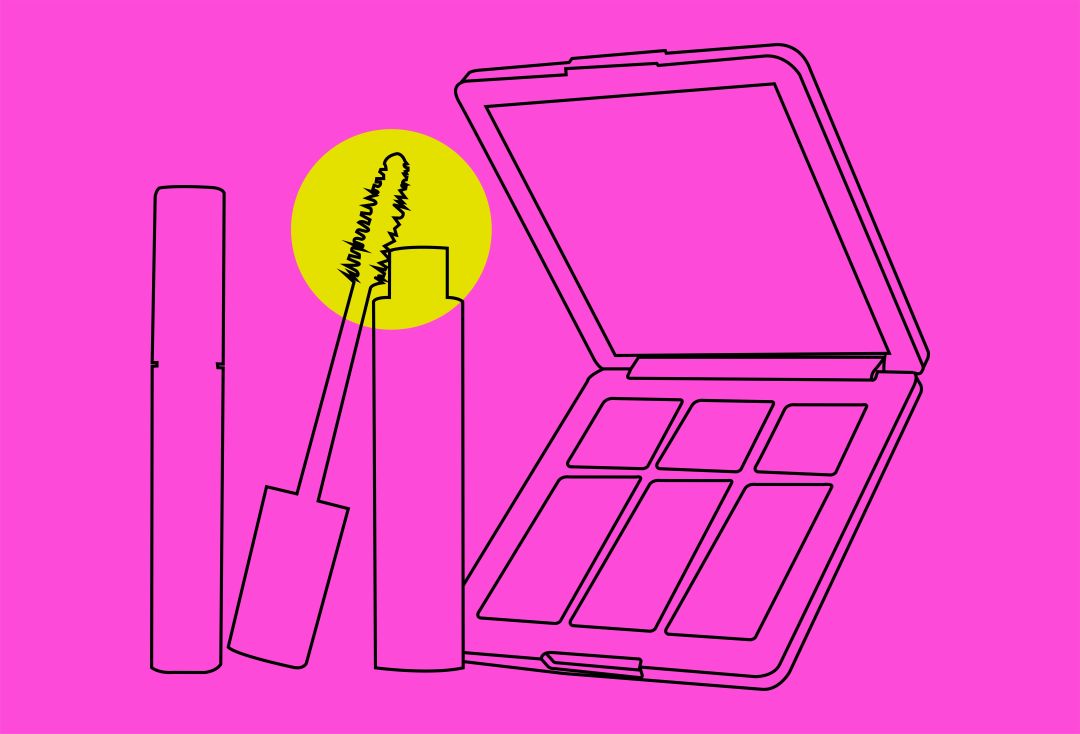What Makes a 'Clean' Makeup Product?

Image: Kari Perrin
For many, applying makeup is an essential part of their daily routine. But have you stopped to wonder what is in your makeup products? Which ingredients are good and which are bad? If there are "clean" or "all-natural" makeup lines out there, are they worth investing in? We asked Lasting Looks of Sarasota owner and esthetician Mary McAndrews, who has been working in organic skincare for 20 years, what she thinks.
"Products with the least amount of ingredients are best for you," says McAndrews. "Mineral-based makeup is a great clean option. These products are triple-milled from mineral rock of the earth, and contain essential natural vitamins like A, C and E." Mineral makeups last longer and lies softly on the skin. McAndrews suggests brands like Bare Minerals and Glo Skin Beauty.
She also recommends purchasing makeup with sunscreens containing titanium dioxide and zinc, which are natural. Choose lotions and foundation with hyaluronic acid—this will help keep skin youthful and elastic, according to McAndrews. Retin-A and vitamin E will also help reduce redness and fine lines. Aged skin can also be exfoliated often to remove dead skin. McAndrews says skincare and beauty begin from the inside. She recommends a diet low in inflammatory foods and suggests hydrating often.
What are some bad ingredients? Avoid emulsifiers, chemicals that help makeup glide over the skin smoothly or create brighter pigment. These will show up on ingredient lists as "polysorbates," "laureth-4" or "potassium cetyl sulfate." Oxybenzone, commonly found in sunscreen and some lotions, may also be harmful.
"It only takes 90 seconds for makeup products to be absorbed by the skin and into the bloodstream," says McAndrews. "Then, they can have a negative effect on skin and overall health." She says these products can disrupt the endocrine system and negatively affect hormones, thyroid function in younger people and menopause in older women.
How often should you replace makeup? Believe it or not, all makeup has an expiration date. McAndrews says cream-based products should be thrown out every six months, unless they have a pump. Those can last longer.
Powders can last up to a year. However, replace the applicator every 10 days to reduce bacteria. Sharpen eyeliner pencils to keep them clean. Lip products should be replaced every three months, and mascara every few months, too.
"It's also important to wash makeup and applicators often to remove dirt and oil," says McAndrews.
If you want to use traditional makeup, there are brands available that keep health in mind. Check the ingredient list before purchasing and replace makeup often. While the words "clean" and "all-natural" may be overused in the beauty marketing world, there are brands that use safer ingredients, while still creating the same effect.
"When thinking about the skin on your face, it's all about what you do before you apply the makeup," says McAndrews. "Clean beauty helps, but a healthy lifestyle is the first step."



